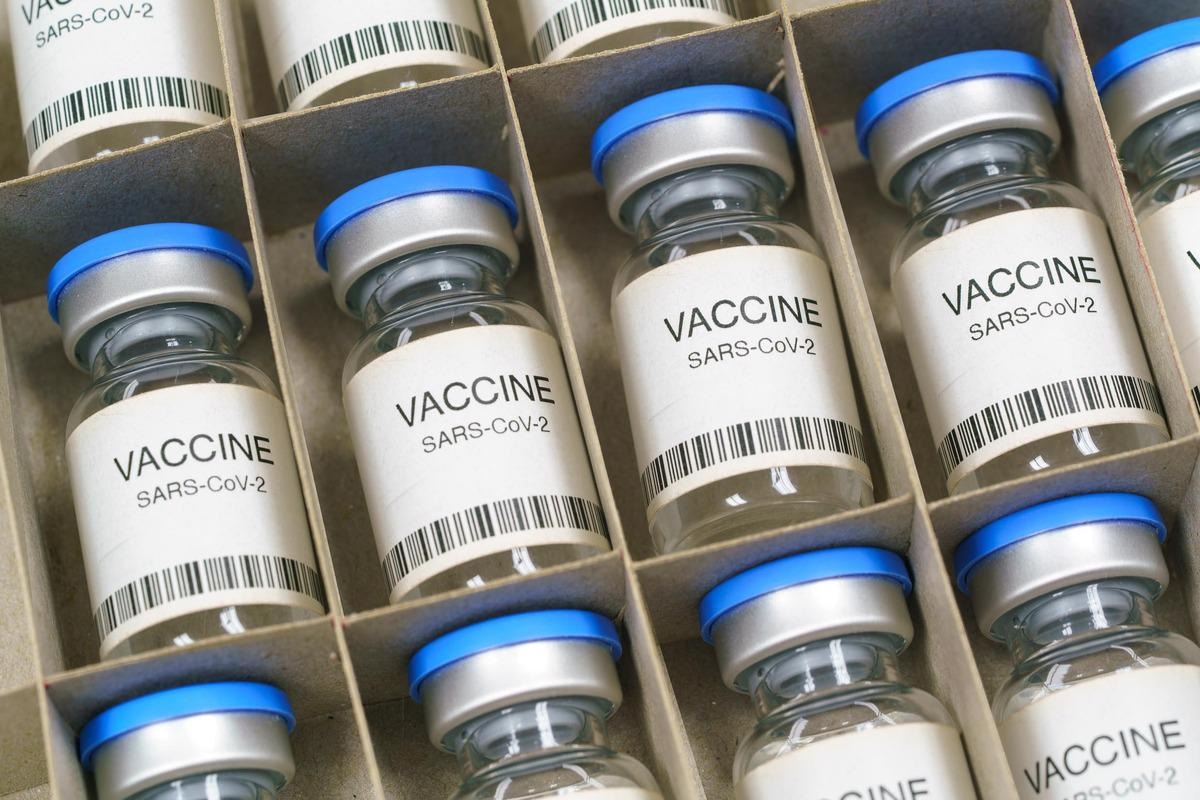A recent study published in PLoS ONE assessed the association of the prevalence of the coronavirus disease 2019 (COVID-19) pandemic with vaccine efficacy.
 Study: The effect of pandemic prevalence on the reported efficacy of SARS-CoV-2 vaccines. Image Credit: luchschenF/Shutterstock
Study: The effect of pandemic prevalence on the reported efficacy of SARS-CoV-2 vaccines. Image Credit: luchschenF/Shutterstock
Various reports have indicated that the efficacy of severe acute respiratory syndrome coronavirus 2 (SARS-CoV-2) is impacted by factors related to vaccine-associated individual decisions, patient care, and public policy. However, the influence of potential sources on vaccine efficacy needs thorough analysis.
About the study
The researchers of the present meta-analysis investigated the effect of the predominance of the SARS-CoV-2 pandemic on COVID-19 vaccines' efficacy across trial sites.
The study included vaccinated candidates who reported efficacy results of phase 3 randomized controlled trials until March 31st, 2021. The researchers compiled a list of all vaccine candidates from the vaccine tracker databases managed by the World Health Organization (WHO), McGill University, and the London School of Hygiene & Tropical Medicine (LSHTM) 's vaccine center and identified 26 unique vaccine candidates who were a part of the Phase 3 trials. In addition, the starting dates of the phase 3 trials for each vaccine candidate were also ascertained.
Furthermore, the team collected vaccine efficacy data for the AstraZeneca AZD1222, Bharat Biotech Covaxin, Janssen JNJ78436735, Gamaleya rAd26/rAd5, Moderna messenger ribonucleic acid (mRNA)-1273, Pfizer/BioNTech BNT162b2, Novavax NVX-CoV2373, and Sinovac CoronaVac vaccines. The authors also assessed the risk of bias using the Cochrane risk of bias assessment tool. At the same time, the uncertainty of evidence was calculated by the Grading Of Recommendations Assessment, Development, And Evaluation (GRADE) tool. The team extracted information, including the number of subjects in the study and the control trials and the number of SARS-CoV-2 infections identified in the two arms.
The primary outcome of the study was the risk ratio related to each trial, which was evaluated according to the number of participants and infections in the two arms of the study. The prevalence of the pandemic, as associated with the trials, was estimated from SARS-CoV-2 positivity-related data from each country reported on the 'Our World in Data' portal managed by Oxford University. The portal reported daily country-wise data related to the number of SARS-CoV-2 positive cases in all countries.
Results
The study results showed that the overall risk ratio was 0.24 while the residual heterogeneity was 0.50. The level of heterogeneity was 88.73%, indicating a considerable level of heterogeneity and a high proportion of total variance between different studies.
The meta-regression results showed that the variance in risk ratios observed across trials resulted from the COVID-19 pandemic prevalence. Furthermore, an inverse relationship was observed between the vaccines' efficacy and pandemic prevalence.
The researchers found no substantial small-study effect on the present study's findings. Also, no evidence of publication bias was reported by the nonparametric trim-and-fill analysis. Moreover, the risk of bias was low, while the certainty of the evidence was high.
Conclusion
The study findings showed that the prevalence of the COVID-19 pandemic had a negative effect on the efficacy of vaccines reported across phase 3 trials for different COVID-19 vaccine candidates. The trial sites having a lower number of SARS-CoV-2 cases reported higher vaccine efficacies as compared to those with more SARS-CoV-2 infections.